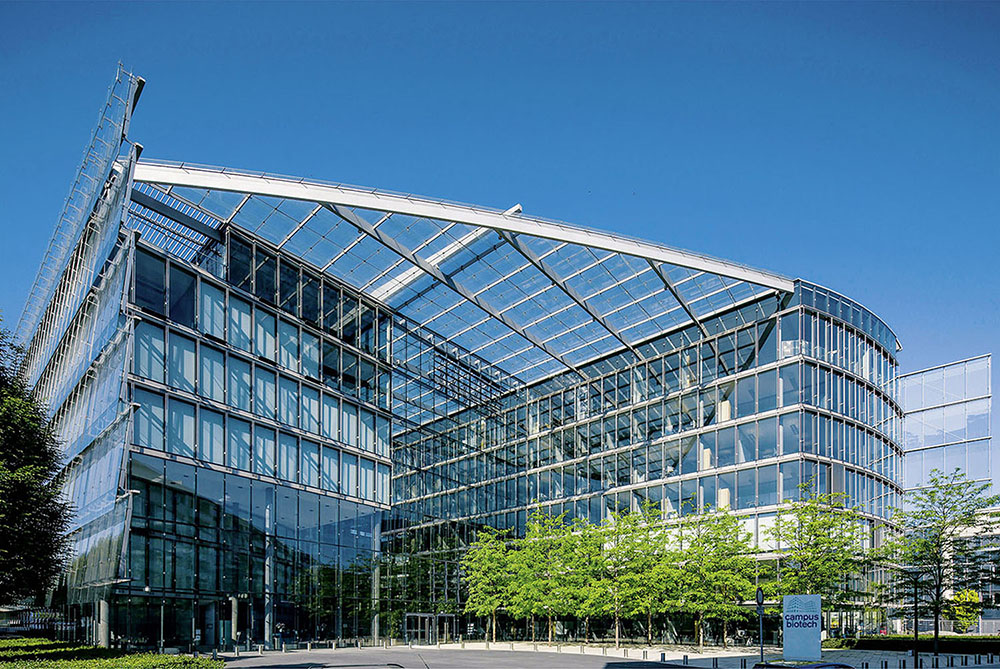
GESDA’s roots trace back to the Geneva+ working group, an initiative launched in 2015 by the Swiss Federal Department of Foreign Affairs. Tasked with exploring ways to strengthen Geneva’s role in global governance, the group identified the need for an organisation that could:
Building on these insights, the proposal for GESDA was finalised and endorsed in early 2019.
In an era of unprecedented scientific and technological breakthroughs, the need for a structured approach to science diplomacy has never been greater. GESDA was founded on the realization that:
Science diplomacy is not a new concept, but its relevance has surged in recent years. In 2010, the Royal Society and the American Association for the Advancement of Science (AAAS) defined its three key pillars:
leveraging science as a tool for fostering international relations
using scientific evidence to inform foreign policy
mobilising diplomatic resources to support scientific collaboration
Switzerland’s long-standing commitment to neutrality, democracy, and scientific excellence makes it the ideal home for GESDA. Geneva, often referred to as the “City of Peace, Rights, and Well-Being,” allows GESDA to leverage the International Geneva ecosystem, which includes the International Committee of the Red Cross (ICRC), a pioneer in humanitarian action since 1863; CERN, the birthplace of groundbreaking physics research and of the World Wide Web; and 40 international institutions, organisations, bodies as well as a secretariat established under a treaty, over 750 NGOs, 183 state representations, and leading academic institutions – all working toward sustainable development and multilateral cooperation.

About us
What we do
By subscribing you agree to with our Privacy Policy



© 2020 – Geneva Science and Diplomacy Anticipator